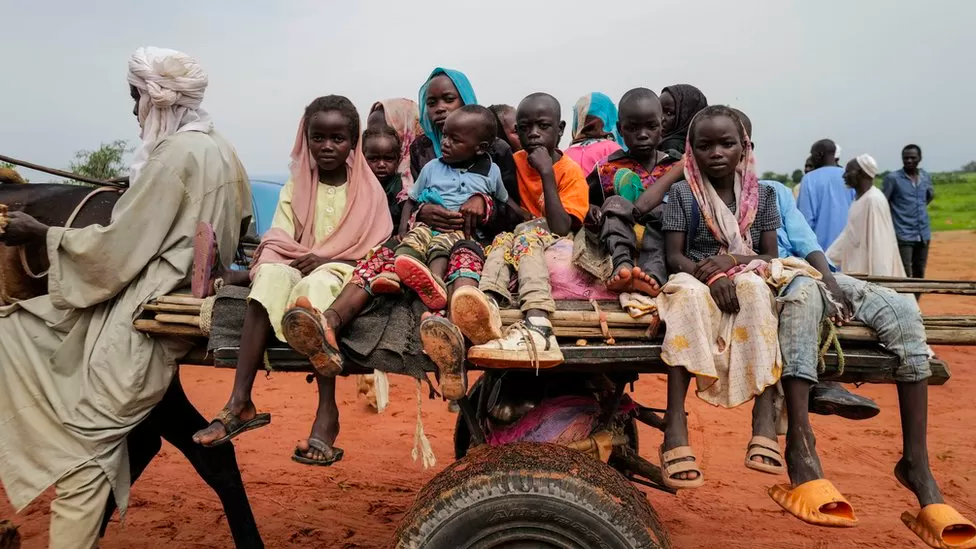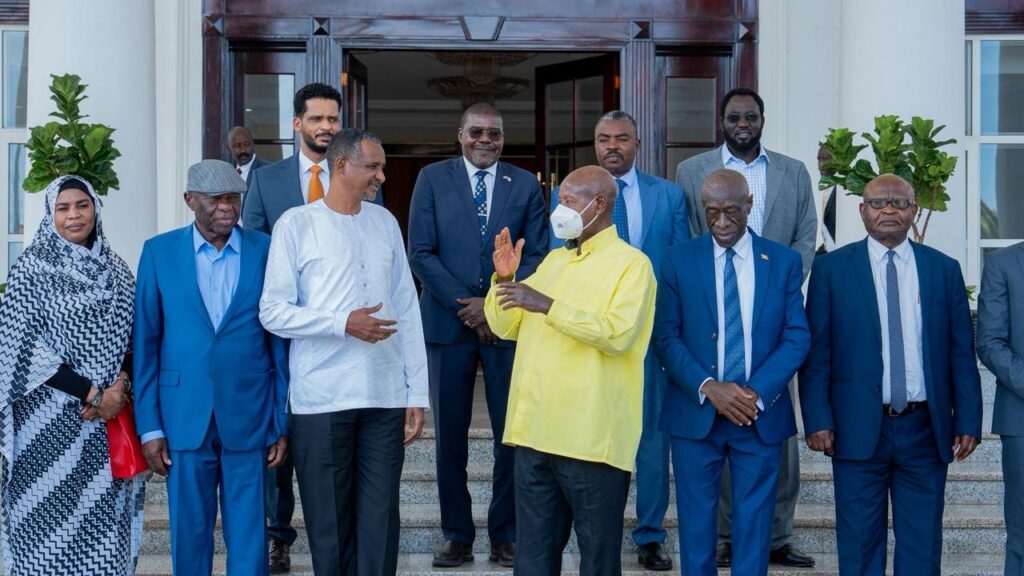
Sudan’s “Kanabi” communities — long-marginalised settlements of agricultural workers — accuse General al-Burhan’s army (SAF) and allied militias of carrying out ethnically targeted killings, arson and mass displacement across Gezira and parts of Sennar since the military retook the state capital, Wad Madani, in January, according to an investigation by local outlet Fajr Press and the Kanabi Central Committee.
The committee says at least 1,200 people from Kanabi areas have been killed, 160 settlements burned and their residents expulsed, and more than 5,000 head of livestock looted. It mapped 2,195 “kambos” (compounds) in Gezira alone and described the campaign as “ethnic cleansing and forced displacement.” Thousands have fled toward al-Faw, Gedaref, Sennar and Kosti, often without shelter or aid.
Witnesses cited in the report describe summary executions, torture, home burnings and livestock theft during and after the SAF’s push into Wad Madani on Jan. 11. One eyewitness recounted burying 26 victims in multiple graves and said SAF armoured vehicles opened fire on civilians in a Kanabi compound.
Fajr Press links many incidents to units allied with the SAF, including Sudan Shield forces led by Abu Aqla Kikel, elements of the General Intelligence Service’s Operations Authority, and tribal-based “popular resistance” groups. The report lists attacks in multiple localities — among them Um al-Qura, South Gezira and al-Hasahisa — and details specific dates in December and January when residents were killed, kidnapped or driven out and entire compounds set ablaze.
SAF spokesperson Brig. Gen. Nabil Abdullah declined to answer written questions from Fajr Press about the allegations, the outlet said. SAF chief Gen. Abdel Fattah al-Burhan on Feb. 15 ordered a probe into the Jan. 10 events at Kombo Tayba in Gezira; Kanabi representatives say no findings have been published.
Sudan Shield denies wrongdoing. In statements on Jan. 14 and Feb. 25, the group rejected accusations — including a Human Rights Watch report that said its Jan. 10 raid on Kombo Tayba killed at least 26 civilians and involved systematic looting and arson — as baseless and politically motivated.
Kanabi, the plural of “kombo/kombo,” are workers’ settlements that grew around the Gezira Scheme after 1925. Many residents trace roots to western Sudan and neighbouring countries and say they have faced decades of exclusion from citizenship documents and basic services like schools, clinics, clean water and electricity. Activists argue discriminatory policies dating back to the late colonial era entrenched their precarious status.
Rights advocates interviewed by Fajr Press say reported abuses — including killings, mass detentions, enforced disappearances and attacks on civilians and property — violate international humanitarian law, the Genocide Convention, the ICCPR and the African Charter. Kanabi leaders are urging an international fact-finding mission and protective measures, warning that targeted harassment continues even in displacement sites under what locals call the “law of strange faces.”
The allegations come amid Sudan’s wider war, which erupted on April 15, 2023, between the SAF and the Rapid Support Forces and has devastated large parts of the country, driving millions from their homes and deepening a humanitarian catastrophe.




